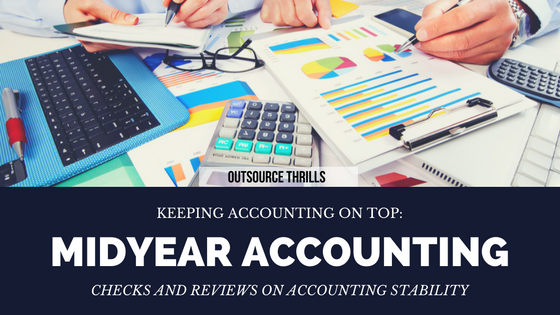Advantages of Using a Payroll System for your Business in the Philippines
Before diving into buying yourself a payroll system for your business, it is righteous enough to know first why you are buying one? Will this be an asset that could help the company’s state? Will this help in a quicker production of payroll?
Here in the Philippines, wages are deducted from taxes and other government requirements as these are mandatory deductions and obligation of a working employee.
Another is to increase in salary due to holidays as the Philippines has quite the list of holidays in a year. Though these movements to your salaries are foreseen changes, having a payroll automatically computes it for you makes production of payroll a lot faster and accountable for little to no human error. But what really is a payroll system.
What is a Payroll System?
It is a software created and designed to not just compute an employee’s salary as well as the deductions such as taxes and government deductions. This also includes the filed leaves of absences whether it is a vacation, sick, or emergency type of leave, it will then be compiled alongside the computation of an employee’s wage.
On a more technical side, the system includes gathering of timekeeping information, computation of wages, disbursement of salaries and pay slips.
Advantages of Using a Payroll System
Accuracy is expected
Initially, a user will need to input a new employee’s information together with their salary without deductions. The system will then compute the wage in a recurring basis minus the deductions to output the deducted salary. The good thing about this system is due to the little interaction of manual actions, accurate outputs are expected.
If for some unknown reason, a system suffers from a glitch, the business could then ask for a refund from the provider as it is an anomaly in their created system and accounts for a money back unlike when it is a manual mistake wherein reimbursement could be done to subordinates.
Lesser cost
How it is less? Simple, compare hiring an accountant who will do the manual monthly computations and produce reports within a certain time though works for a small company but if the company is a bigger one then this could be time-consuming and be prone to human errors unlike having a system to do the job for you.
Operation of this system requires little human intervention as the system is already capable of the complex computations needed in producing an employee’s payroll. To make the investment worthy, be sure to have the produced system be created according to your needs to ensure effective and efficient computations.
Adaptable to change
Since every regime in the Philippines always wants change, it is not a shock that every government deductions will be changed as well. It is good to note that a payroll system provider has the capabilities to deliver a system able to cope with the changes thus making it adaptable to changes.
Promotes higher security
How a payroll system promotes security? A payroll system prevents payroll frauds in such are ghost employees (employees who are included in the payroll system but is no longer or is not working for the business), payment manipulation or data breach.
It is of good note that the system notifies users to update login credentials to avoid data breach. The update could be every month or quarterly or what fits best to the business.
Note: Before acquiring a payroll system, be sure to be knowledgeable of the processes of the payroll system in the Philippines as this is crucial to computing an employee’s salary.
Having a payroll system for your business in the Philippines would enable you to have accurate results in no time enabling the company to focus their time to other business activities.
.png)











